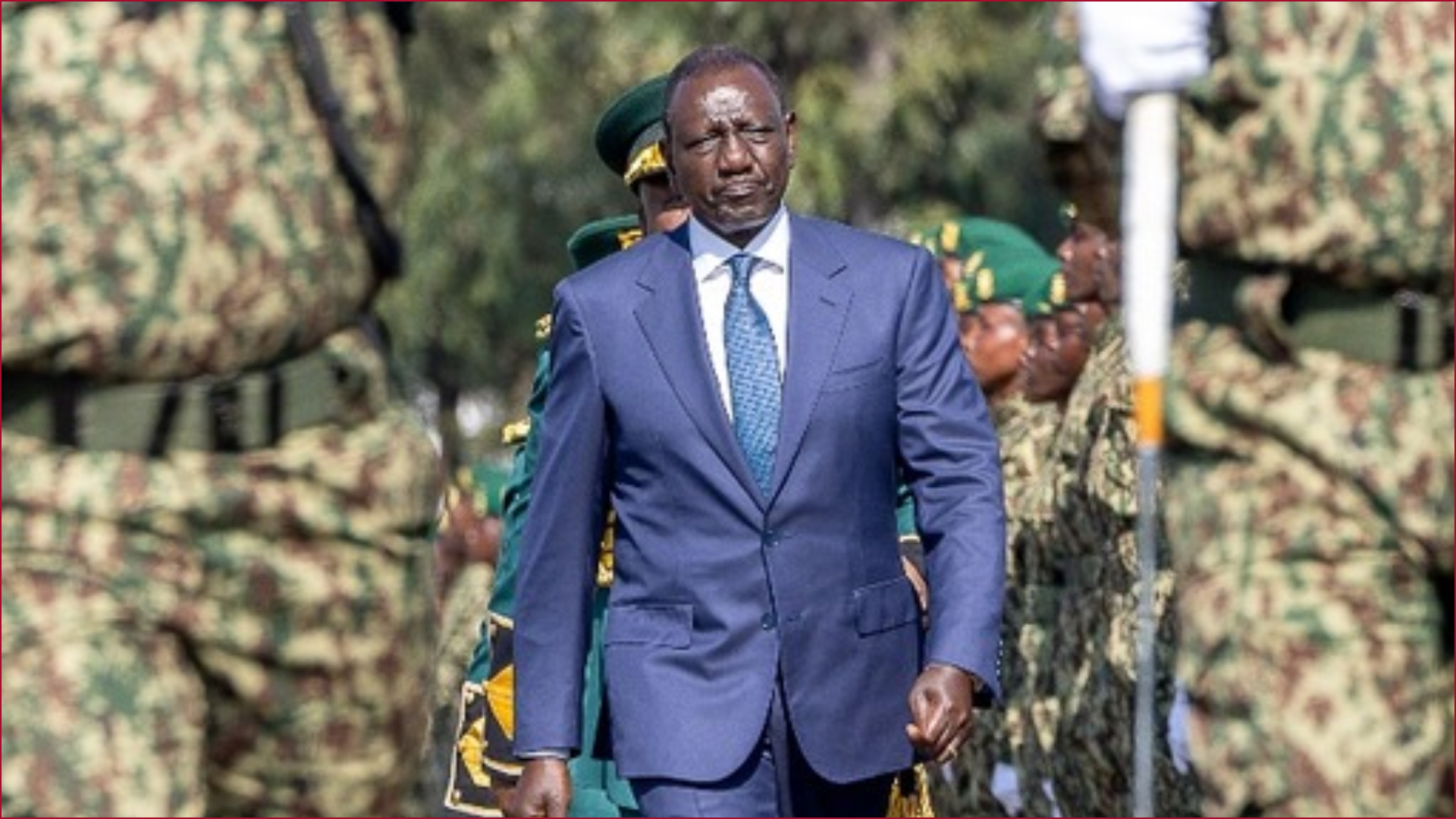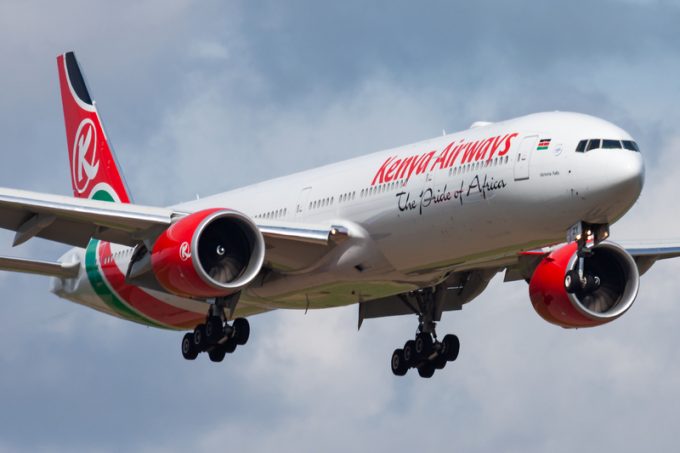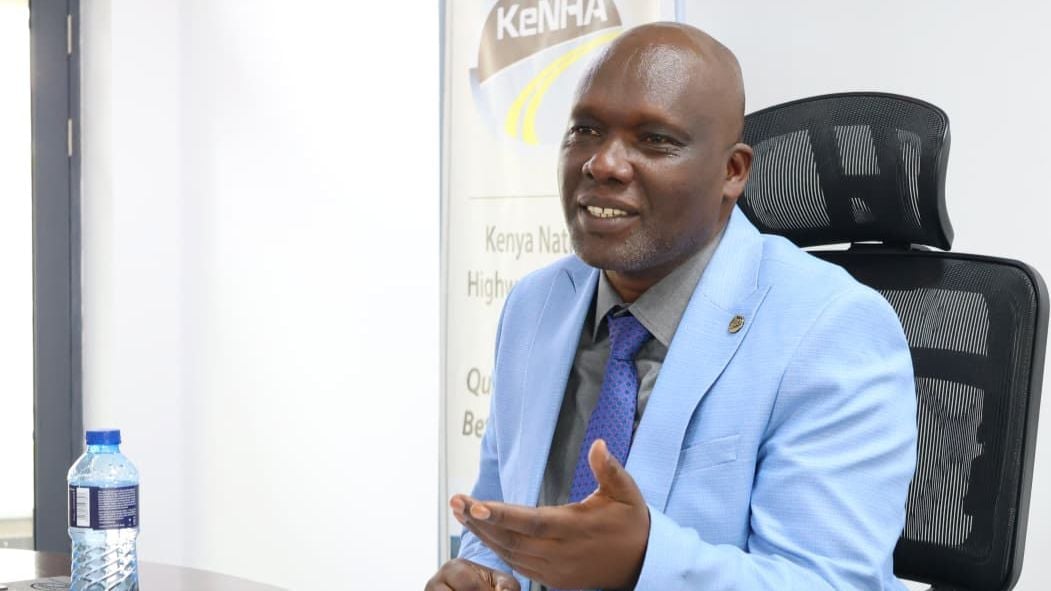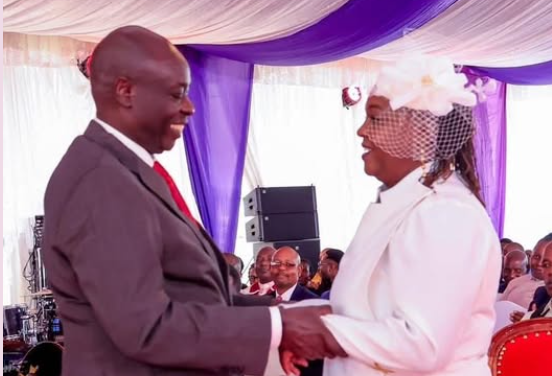Trans Nzoia governor George Natembeya now says President William Ruto committed a serious blunder by allowing Kenyans in the country's north to acquire their national identity cards without having to undergo vetting.
During his working tour of Northern and North Eastern Kenya, Ruto signed a decree scrapping the long-standing vetting process for national identification cards (IDs) in Kenya’s North Eastern region.
According to Ruto, the actualisation of the decree would address historical discrimination against communities in the area.
"If it’s about vetting, let all children of Kenya be vetted equally without any discrimination. We want the people of Northern Kenya to feel equal to the rest of the country," he said.
Read More
Reacting to the move, Natembeya said it would ultimately have implications in the country's security.

According to Natembeya, abolishing vetting before handing the IDs to applicants would see the entry of criminal elements into the public and the echelons of the country's security stratum.
"One day we are going to have an Al-Shabaab as the president's escort. Before they make any decisions, think. That's why even Trump, as we talk now, is deporting people. There was a time when I think it was Uhuru who tried to put a barrier between Kenya and Somalia. What was the reason? This policy decision is a disaster. I've got a particular issue with even the recent removal of vetting of people before they are given identity cards," he said.
According to the county boss, who spoke in his capacity as a former senior state security operative, Ruto's decision was ill-advised.
He pointed out that the vetting method separated civilians from criminals and hence helped the security operatives to trace perpetrators of such criminal acts as terrorism.
"Especially in Northeastern. And I'm feeling the same is not going to apply to all border counties. That thing is not properly thought out. If you allow people just to walk in and get IDs without vetting, how will you tell a Somali, a Somali from Somalia, and a Somali born and bred in Nigeria, Nigeria, or even in Tanzania, there's no difference? The clans are the same, the language is the same, the religion is the same, and the culture is the same," said Natembeya.
The 60-year-old vetting requirement, which primarily affected Somali Kenyans and other communities in the region, had for long been criticized as a form of systemic discrimination that subjected residents to additional scrutiny when applying for national IDs.
The abolition of the vetting, which has been seen as a major political strategy by Ruto to consolidate votes in the region for his re-election bid in 2027, came a week after the High Court in Garissa has annulled the 2019 Kenya National Bureau of Statistics (KNBS) census results for Mandera, Wajir and Garissa counties.
In his ruling delivered on Wednesday, January 29, Justice John Onyiego found that KNBS failed to uphold fundamental standards of data accuracy, resulting in erroneous population figures for the affected regions.
The Court directed KNBS to conduct a fresh mini-population census for the affected regions within one year.
The Court also prohibited all constitutional bodies, including the Independent Electoral and Boundaries Commission (IEBC), from using the disputed census figures for any official purposes.







